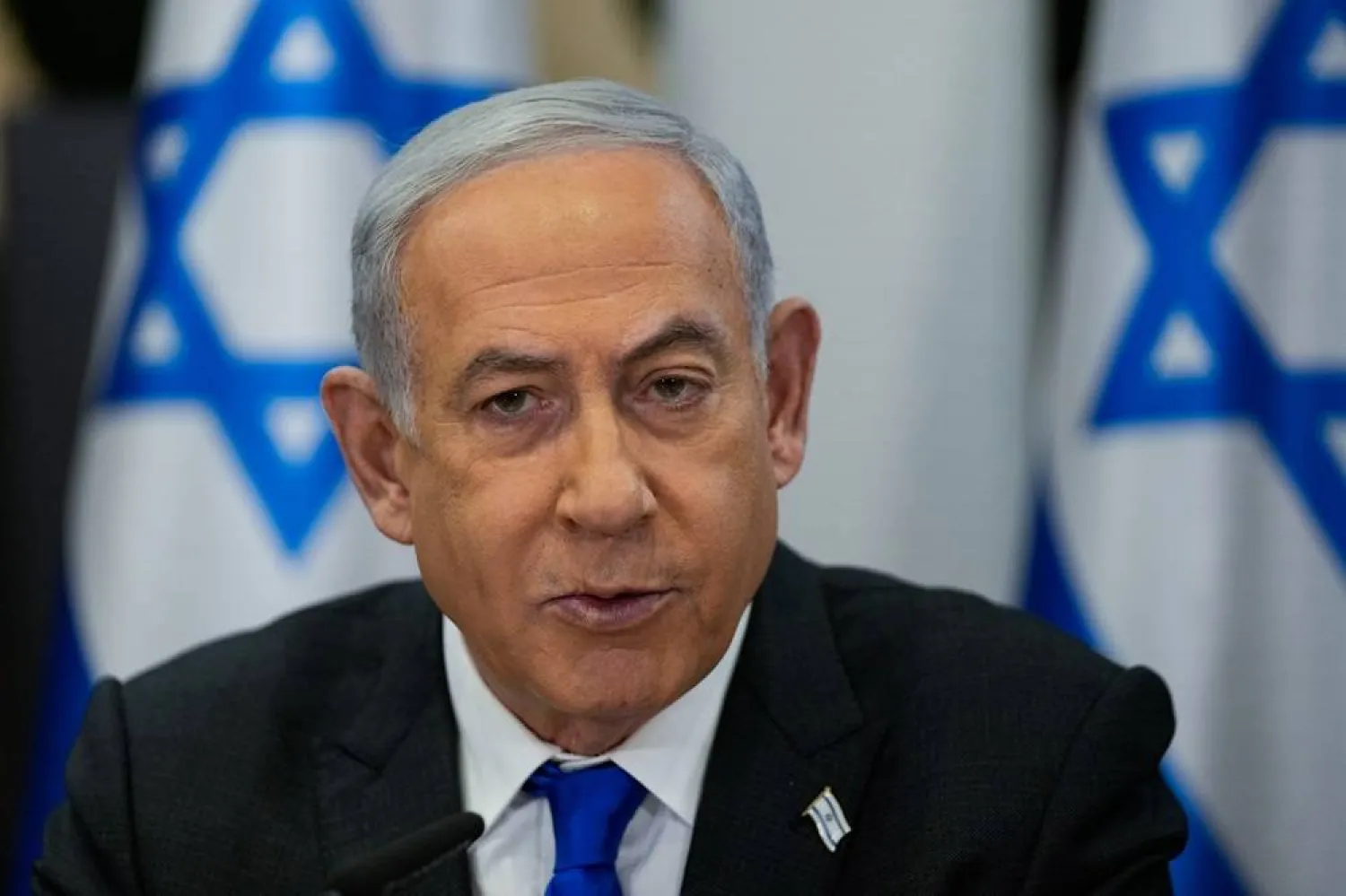Prime Minister Benjamin Netanyahu said on Monday that Israel would not succeed in freeing the remaining hostages held in Gaza without applying military pressure.
"We wouldn't have succeeded up until now to release more than 100 hostages without military pressure," Netanyahu said during a speech in Israel's parliament. "And we won't succeed at releasing all the hostages without military pressure."
A deal brokered in late November by the US, Qatar and Egypt saw the release of more than 100 of the estimated 240 hostages who were taken captive to Gaza during an attack by Hamas militants on Oct. 7.
"Military pressure, operational pressure and political pressure and that's why there is one thing we won't do - we will not stop fighting," Netanyahu said.
Hostages' family members sat in the chamber looking down on the premier, holding posters of their relatives behind the plexiglass and intermittently interrupting him.
"Now! Now! Now!" the family members shouted.
Hamas and the allied Islamic Jihad rejected on Monday an Egyptian proposal that they relinquish power in the Gaza Strip in return for a permanent ceasefire, two Egyptian security sources told Reuters.
Three Israeli hostages were killed mistakenly in Gaza by Israeli forces earlier this month.









